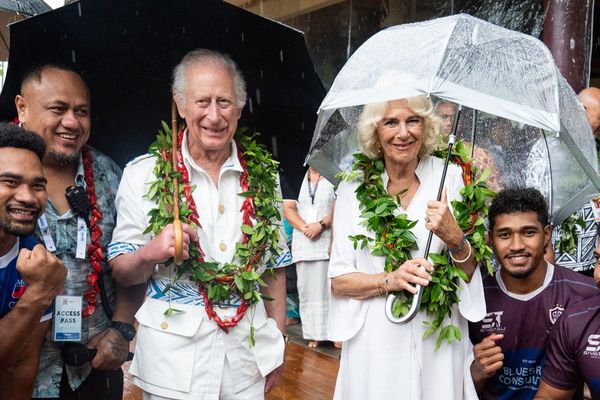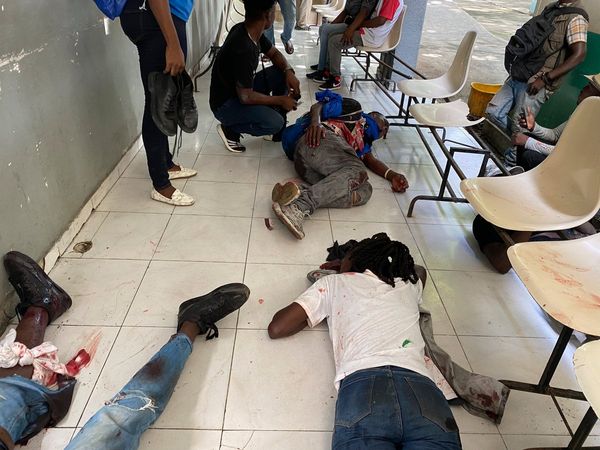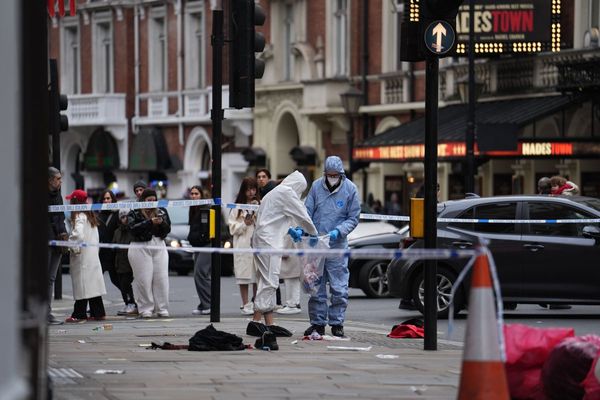
FIA president Mohammed Ben Sulayem supports the idea of having permanent stewards in Formula 1 – but says the real issue is who pays for them.
Debate over some stewards’ decisions this year has prompted complaints about a lack of consistency and again triggered questions about whether it is time for those officials to become professional.
George Russell, who is a director of the Grand Prix Drivers’ Association (GPDA), recently suggested that the time had come for a rethink over the current structure of having a rotating system of volunteers.
"When things come down to interpretation, and when things are about consistency, you can argue if you were to have the same stewards week in, week out, the consistency will be better because they're interpreting things in the same manner and the drivers understand exactly what they expect in a given circumstance,” he said.
"So I do feel – again a personal view, not one of on behalf of the drivers, but personal view – I do think we're at a point now in this sport that we do need a full-time professional steward where they earn a real salary.”
Ben Sulayem acknowledges that there would be benefits from having permanent stewards in place, but he says the crux of the issue is over where their salary comes from – because the extra expense is not something the FIA can afford to fund itself.
“It’s very nice talk,” he told Motorsport.com about the calls for a change. “But when they say professional, and they want professional, they don't want to pay for it. That is so obvious.

“They talk and then they say: ‘Where are you putting the money? Why we don't do this?’ But I don't say, ‘Oh, sorry, what about you?’ The drivers are getting over $100million. Do I ask where they spend it? No, it's up to them. It's their right.
“So please, it’s not only me saying it is none of their business. We do whatever we do with our money. It's our business. It's also [the same] with them and their money. It's their business.
“But I don't really sometimes understand. It's always about the FIA. 'Why are we doing this? Why are we doing that?' But did anyone go to FOM?”
Ben Sulayem went on to explain that some understanding was needed about how much investment was needed to train stewards up.
"I say it again and again - stewards do not grow on trees,” he said. “It takes time to educate them. It takes time to train them. And then you evolve them, so we have a programme.
“I see the point about having them maybe like the Premier League where they [the referees] are paid. But we don't have the money to do that.

“So we have to be also very careful of the way we are going. As long as they are committed, fair, and they are trained properly, then there will be stewards who come and go.”
The issue of funding for permanent stewards is something that senior figures within the sport acknowledge, and one team boss suggested that perhaps the time had come for a rethink about the commercial realities.
“Ultimately, it's the FIA's responsibility,” he said. “This kind of looks like a scope of work between FOM and the FIA.
“So if FOM is writing a cheque – which they are – to the FIA, but the scope of work says ‘part-time stewards’ and F1 wants something different, then that is different, and it comes with a new price.
“That means F1, i.e. the teams, should pay for it. So I think if that's what we've bought, and we want to change it, then I think we need to pay for it.”







